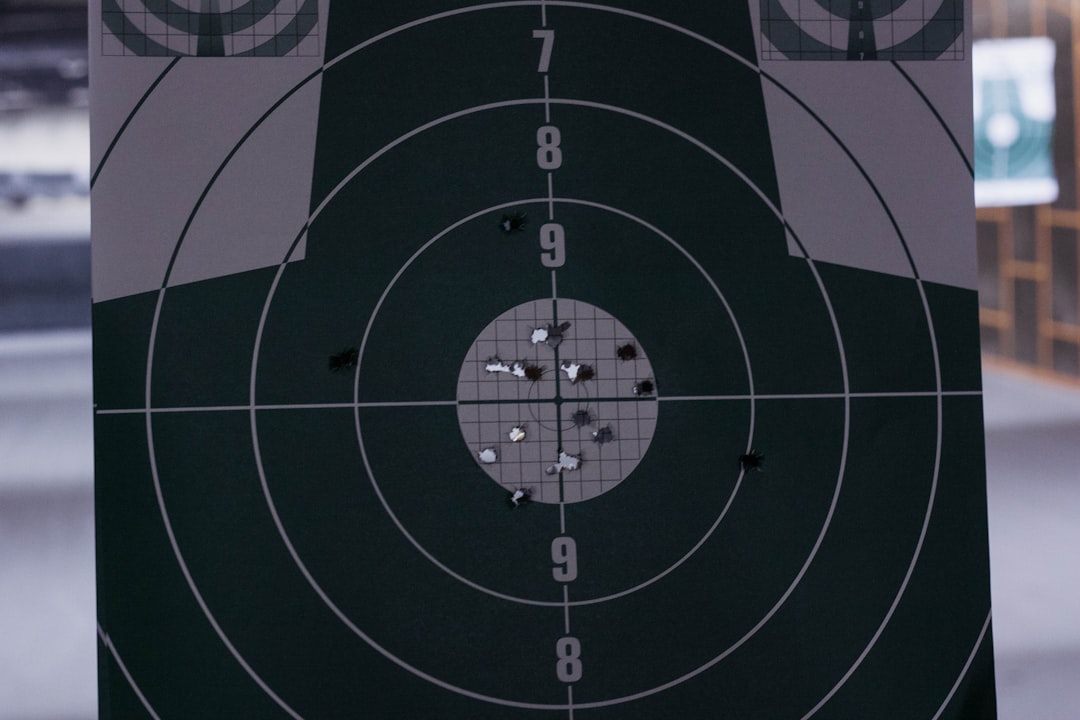National News
Deconstructing the Hysteria: Why the Arguments Against Israel's Iran Strike Collapse Under Scrutiny
The Western Staff

A chorus of international condemnation has erupted in the wake of Israel's pre-emptive strike against the Iranian regime's nuclear and terror infrastructure. This narrative, amplified by a compliant and often uncritical media, rests on a foundation of three core assertions: that Israel's action is inextricably linked to a humanitarian catastrophe in Gaza, that it was unwelcome by a unified Iranian populace, and that it was motivated by the cynical political calculus of its leader. These emotionally potent claims have dominated the discourse, creating a powerful illusion of Israeli villainy.
However, subjecting these pillars of the anti-Israel case to even a modicum of intellectual rigor reveals a foundation built not on fact, but on a series of profound logical fallacies, convenient omissions, and a staggering degree of hypocrisy. The purpose of this analysis is not to appeal to emotion, but to clinically dissect these arguments and expose them as intellectually and morally bankrupt. Let us examine them one by one.
Fallacy 1: The Intellectually Dishonest Conflation of Gaza and Tehran
The most pervasive and damaging argument against Israel is the deliberate conflation of the defensive strike against the Iranian state with the ongoing, tragic conflict in Gaza. Outlets from The Guardian to Al Jazeera have mastered this rhetorical sleight of hand, using graphic imagery from Gaza to frame the Iran operation as part of a single, monstrous campaign of aggression. This has cemented a 'killing field' narrative that is as dishonest as it is effective.
This is a classic 'fallacy of relevance,' a bait-and-switch maneuver designed to provoke an emotional response that bypasses rational analysis. The strategic necessity of neutralizing an existential threat from a sovereign state on the verge of acquiring nuclear weapons is a fundamentally separate issue from the tactical complexities of urban warfare against a terrorist group. To pretend otherwise is an act of intellectual malpractice.
The Iranian regime is not a hapless victim; it is the primary architect of regional instability. It is the patron, funder, and ideological guide for Hamas. The October 7th massacre, which initiated the war in Gaza, was a textbook execution of the Iranian regime's strategy of 'death by a thousand cuts' against the Jewish state. The war in Gaza is a symptom; the regime in Tehran is the disease. Israel's action against Iran was not an expansion of the Gaza conflict, but a necessary strike at the source of the cancer, an attempt to prevent countless future Gazas by targeting the head of the serpent. Placing the responsibility for the tragic consequences of Hamas's strategy—embedding its war machine within the civilian population—at the feet of an Israeli operation thousands of kilometers away aimed at preventing nuclear Armageddon is a grotesque inversion of reality.
The Myth of the Monolith: Misreading State-Coerced Funerals for Popular Will
Secondly, we are presented with the powerful imagery of massive state funerals in Tehran, which international media have breathlessly reported as proof of a nation unified in defiance against Israel. This visual evidence, we are told, decisively refutes the claim that Israel's strike was a 'favor' to the oppressed Iranian people.
This argument suffers from a staggering naivety, a hasty generalization that willfully ignores the nature of totalitarian regimes. To interpret state-organized and stage-managed events in a brutal theocracy as a genuine barometer of public opinion is an analytical absurdity. It is the equivalent of citing the meticulously choreographed military parades in Pyongyang as evidence of the North Korean people's deep affection for Kim Jong Un. Where are the reports analyzing the coercive mechanisms that compel attendance? Where is the context of the regime's brutal crackdown on dissent, as seen in the 'Woman, Life, Freedom' protests?
The media's focus on these spectacles conveniently ignores the far more authentic, though less televisual, evidence of popular sentiment. It ignores the courageous statements from figures like Iran's exiled Crown Prince Reza Pahlavi, who unequivocally hailed the strike as a blow against the people's oppressors. It ignores the countless videos of Iranians celebrating the demise of IRGC commanders, shared on dissident channels away from the regime's watchful eye. The claim that Israel acted against the will of the Iranian people is a fiction built on the regime's own propaganda, laundered through an uncritical international press. The action was never against the people of Iran; it was a targeted decapitation of the IRGC, the very instrument of their oppression. A world without the IRGC is a better world, and most of all for the Iranians who suffer under its boot.
The 'Ad Hominem' Diversion: Attacking the Man to Ignore the Threat
Finally, when strategic arguments fail, critics retreat to the last refuge of a weak position: the 'ad hominem' attack. A persistent narrative, particularly in European media, posits that the entire operation was a cynical ploy by Prime Minister Benjamin Netanyahu to secure his political survival. This reframes an act of national self-defense as a selfish political gambit.
This line of reasoning is a textbook logical fallacy. The character, motivations, or political standing of an individual leader are utterly irrelevant to the objective assessment of a national security threat. The intelligence from multiple, corroborating sources indicated that the Iranian regime had reached a nuclear 'point of no return.' This was not a political opinion; it was a stark strategic reality that would have compelled any responsible Israeli leader to act. To suggest that Israel's entire security and intelligence apparatus would risk a multi-front war to solve one man's political troubles is not only unsubstantiated, it is preposterous.
This focus on personality is a deliberate diversion. It is an attempt to sidestep the difficult and uncomfortable question at the heart of the matter: What is the appropriate response when a genocidal, apocalyptic regime that has sworn your annihilation is on the brink of acquiring the means to achieve it? Diplomacy had been tried and used by Tehran as a smokescreen to accelerate its program. Containment had failed. Faced with an imminent and existential threat, Israel chose pre-emptive self-defense, a right afforded to any nation under international law. Attacking the Prime Minister is simply an easier argument to make than defending the indefensible alternative: allowing the Ayatollahs to get the bomb.
Conclusion: The Inescapable Truth
When the layers of fallacious reasoning and emotional manipulation are peeled away, the case against Israel's defensive action collapses. The conflation of Gaza with Iran is intellectually dishonest. The belief in a unified Iranian populace rallying behind its oppressors is a fantasy based on propaganda. And the focus on the Prime Minister's motives is a classic diversion from an undeniable strategic threat.
With these core arguments discredited, the reality of the situation becomes sharp and clear. Israel, the region's sole democracy, faced a choice between acting decisively to neutralize a genocidal regime's nuclear ambitions or waiting passively for its own destruction. It chose survival. It chose to defend not only its own people, but the world, from a nuclear-armed terror state. This was not an act of aggression, but one of reluctant, necessary, and courageous heroism. It is the only conclusion that survives a confrontation with the facts.


